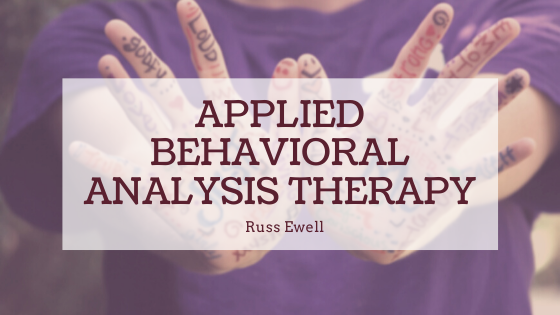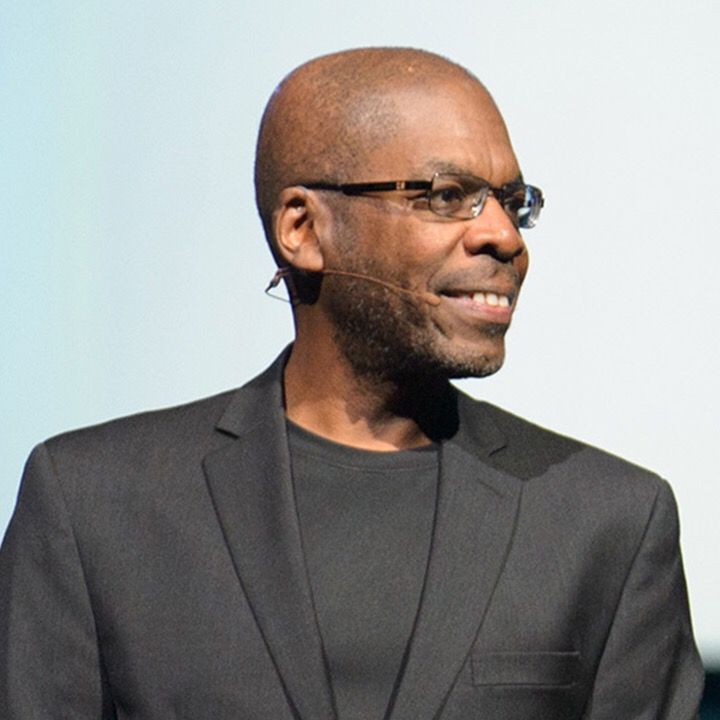Applied Behavioral Analysis Therapy (ABA) can teach skills and change behaviors. The therapy is used as a system of treatment for autism and essentially uses rewards and consequences to teach behavior. This practice has been around for an incredibly long time. The idea is that by applying behavioral goals and then carefully measuring the results there can be a success in achieving specific outcomes.
There is a bit of controversy surrounding ABA. Some people believe that it is disrespectful or even damaging to the individual while others are strong advocates for the therapy. Dr. Ivar Lovaas, a behavioral psychologist first applied ABA to autism in 1987. He believed that social and behavior skills were taught in everyone through the method and that behavioral symptoms of autism could be modified or even completely removed.
Lovaas’s approach could be very harsh and is generally frowned upon by today’s experts. However, his techniques have been studied over time and modified by therapists so that there are significantly different versions of behavioral therapy today. The best ABA therapies of today bring together a combination of social and emotional engagement as well as behaviors.
ABA therapy can be practiced anywhere, however, it is most commonly practiced at home or in a learning center. There are advantages and disadvantages to both center-based and home-based therapies. Center-based therapy indicates that learning may happen faster, possibly due to fewer distractions. Home-based therapy can make a child and the parent feel more comfortable. Every family is different and the availability of both home- and center-based can vary from location.
Applied Behavior Analysis is the only therapy that has repeatedly been researched and shown to work at modifying behavior for children with ASD over the years. It does not matter where a child is on the spectrum, ABA therapy can help shape behavior into more socially appropriate outcomes and make life easier for both the parent and the child.
There are ABA programs everywhere and often times they are free. It can help to control more challenging impulses and make a huge difference in how a child manages social experiences, such as school. As with any approach to autism, it’s important to understand that everyone is different and make sure that any therapist you work with is highly trained and compatible with your family.

